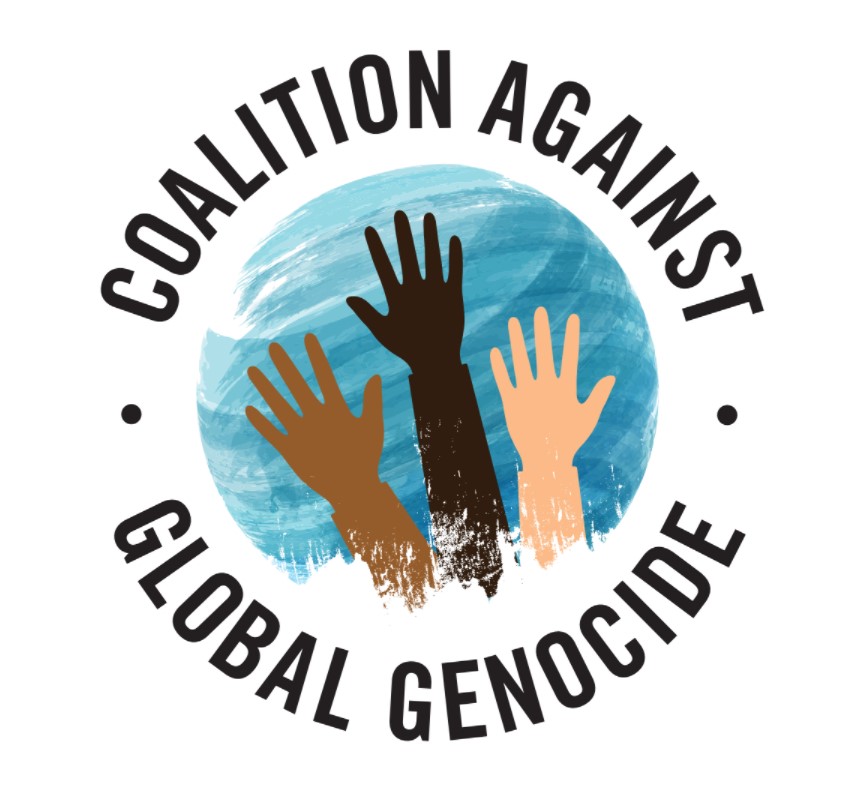Alright, so maybe Beyonce’s lyrics aren’t necessarily a hundred percent true, but she’s definitely onto something. At the very least, these five words are an excellent reminder that women throughout history have (quite literally) changed the world. From backfilling for the male workforce during the First World War to securing the right to vote with the ratification of the 19th amendment in 1920, to pushing for Title IX, which created equal opportunities for girls to participate in school sports, there’s no denying that without women, America would not be what it is today.
In 1987 our nation began to recognize the pivotal role women play in our society by designating March as Women’s History Month.
The month-long celebration stems from Women’s History Week, which was a local celebration established in 1978 by an education task force in Santa Rosa, California. The sentiment spread across the nation and in 1980, received federal recognition by President Jimmy Carter who stated:
From the first settlers who came to our shores, from the first American Indian families who befriended them, men and women have worked together to build this Nation. Too often, the women were unsung and sometimes their contributions went unnoticed. But the achievements, leadership, courage, strength, and love of the women who built America was as vital as that of the men whose names we know so well.
In issuing this proclamation in support of Women’s History Week, President Carter paved the way for Congress to pass a law in 1987 declaring March as Women’s History Month. From 1995 onward, each US President has issued an annual proclamation to acknowledge the month-long tribute to the women of America.
Fast forward to 2024 and President Joe Biden has carried on this tradition with his own proclamation, which calls for a celebration of the “courageous women who have helped our Nation build a fairer, more just society.” He highlights the myriad ways American women have advanced our country, noting that, “Throughout history, the vision and achievements of powerful women have strengthened our Nation and opened the doors of opportunity wider for all of us. Though their stories too often go untold, all of us stand on the shoulders of these sung and unsung trailblazers — from the women who took a stand as suffragists, abolitionists, and labor leaders to pioneering scientists and engineers, groundbreaking artists, proud public servants, and brave members of our Armed Forces.”
While in his proclamation, President Biden offers positive recognition of the progress our nation has made in recognizing women’s contributions throughout history, he does not hesitate to emphasize the long way we have to go in terms of “knocking down barriers that stand in the way of women and girls realizing their full potential.”
Echoing this sentiment in a recent podcast interview with Dr. Pius Kamau of the Coalition Against Global Genocide, is women’s advocate and president and CEO of Technically Speaking, Inc., Jill S. Tietjen. In the interview she speaks to the fact that despite their contributions to history, women are not written into it. “My purpose now is to write women into history because women aren’t in the history textbooks,” states Tietjen. “People of color aren’t in the history textbooks. So it’s very important for people to recover all of the history for all of the people.” To further evince her point, Tietjan recalls her experience writing a book with co-author Charlotte Waisman titled, Her Story: A Timeline of the Women Who Changed America. She notes that nearly 20 years ago when she and Waisman began the writing process, women were mentioned on average in about 7 pages in a standard 500-page American textbook. Today that number is about 50 pages, which still only equates to 10%, an appalling statistic considering women make up 50% of our population.
Throughout the interview Tietjen draws comparisons between civil rights and women’s rights, highlighting the fact that they’re often historically linked. For example, she describes how with the Civil Rights Act of 1964, the word “sex” was added to the law “as a joke,” and that once it was enacted, almost all of the complaints that followed were from women who were either mistreated or discriminated against in the workplace.
In speaking with Tietjen, Dr. Pius Kamau notes the connection between the month of March and the act of marching, stating that for generations, “Women have been marching. Marching is something women have done. Marching is something Black people have done. It’s something that people who are oppressed do. They march.” Fighting for the rights of the oppressed is an ongoing battle and Women’s History Month is a symbol of that. It’s a reminder that while we’ve made great strides in creating a more equal, equitable, and inclusive society, we still aren’t where we need to be.
“That’s one of the reasons there’s still this need to write about women, to talk about women, to tell their stories until it becomes part of the history, just like for people of color,” says Tietjen. “Until then we need to raise the flag, talk about it, emphasize it.”
At the Coalition Against Global Genocide, we’re dedicated to doing just that: to educating, motivating, and empowering individuals and communities to oppose Genocide and Crimes Against Humanity. Oppression of women is a crime against humanity, and Women’s History Month reminds us that the fight isn’t over, and that doing nothing is unacceptable. Partner with us to make a difference this month, because women are worth fighting for.

